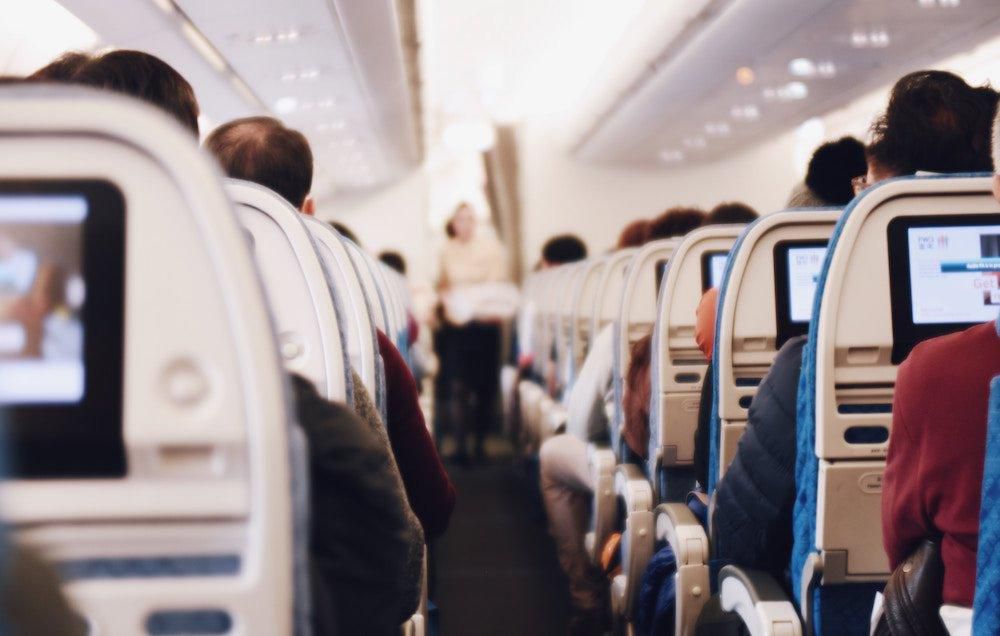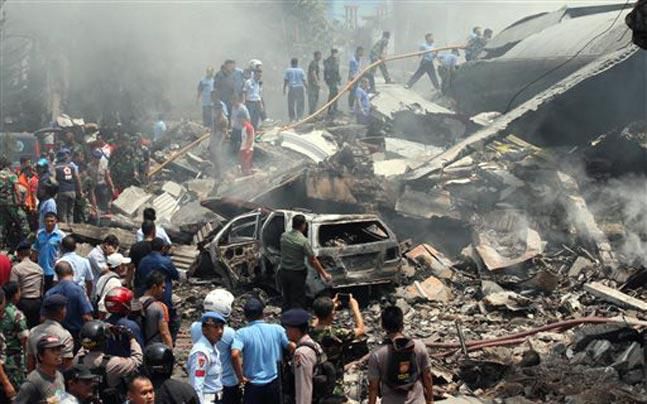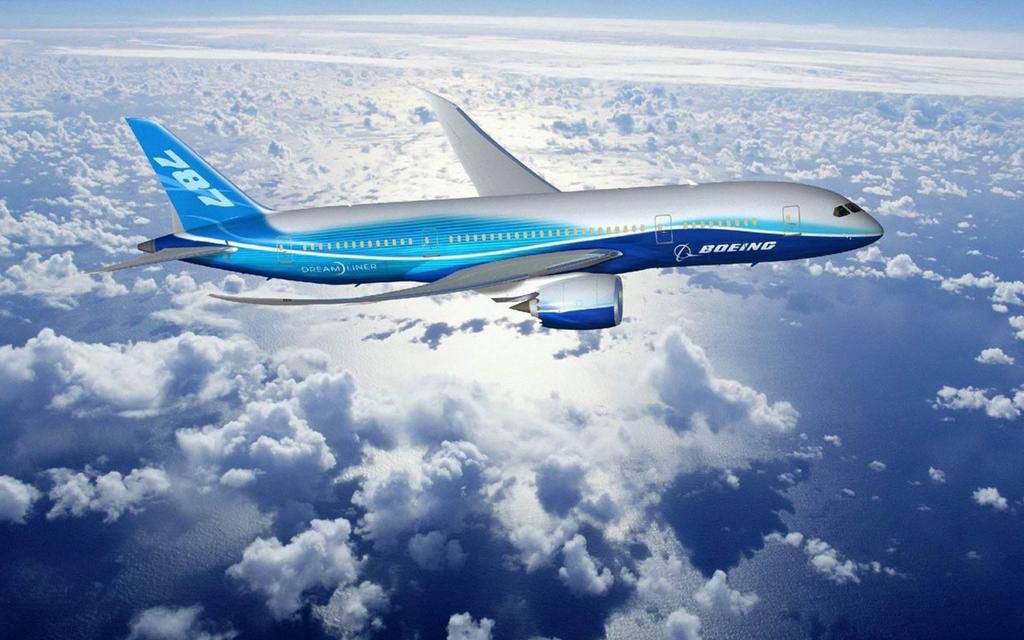Helicopter vs Aeroplane: Which Is Safer? The Facts Explained
)
Aviation safety has become an increasingly critical issue for Ghana and the wider African continent as air travel expands across the region. This concern was brought sharply into focus on 6 August 2025, when Ghana tragically lost two senior government ministers in a Z9 military helicopter crash in the Ashanti Region.
The accident at Adansi Akrofuom claimed all eight lives on board, including Defence Minister Dr Edward Omane Boamah and Environment Minister Dr Ibrahim Murtala Muhammed.
This incident has reignited public interest in the question: which is safer – a helicopter or an aeroplane? Particularly in Ghana and across Africa, the answer is shaped by unique operational challenges, regulatory frameworks, and infrastructure constraints.
)
This analysis examines the global and regional data, operational factors, and technical considerations that define the safety profiles of both aircraft types.
Safety Statistics: Global Context vs African Reality
Commercial Airlines:

Worldwide, commercial airlines on the IATA Operational Safety Audit (IOSA) registry have achieved exceptional safety records, with an accident rate of just 0.92 per million flights. Africa, however, faces unique challenges – only 28 of its 54 states have implemented ICAO Standards and Recommended Practices (SARPs) at a compliance rate of 60% or higher.
Despite these hurdles, the risk of dying in a plane crash in Africa remains extremely low. ICAO data shows just 7.9 accidents per million departures continent-wide, meaning the odds of being struck by lightning are still greater.
Ghana’s Aviation Sector:
)
Ghana’s primary commercial carrier, Africa World Airlines, is the sole IATA member airline in the country – a marker of its commitment to international safety standards. Oversight from the Ghana Civil Aviation Authority (GCAA) has improved in recent years, though there is still work to do to further strengthen the regulatory framework.
General Aviation and Military Operations
While commercial airline operations maintain strong safety records, general aviation and military operations present greater risk. Ghana has recorded four deadly aircraft crashes in its aviation history, claiming 35 lives. The August 2025 helicopter crash that killed both the Defence and Environment ministers is now one of the worst aviation disasters in recent decades.
Helicopter vs Aeroplane Accident Rates

According to the US National Transportation Safety Board (NTSB), helicopters crash more frequently than aeroplanes.
General aviation aircraft: 7.28 crashes per 100,000 flight hours
Helicopters: 9.84 crashes per 100,000 flight hours
ALSO READ: Helicopter Crash: How Pres. Mahama ‘miraculously’ missed the tragic event - Rev Dr Wengam speaks
This means helicopters have a 35% higher accident rate than fixed-wing aircraft. In fatal accidents, helicopters also record higher rates – 0.73 fatal accidents per 100,000 hours over the past five years – compared to near-negligible rates in commercial aviation.
Why Helicopters Carry Higher Risk
)
1. Operational Complexity
Helicopters require constant adjustments to rotor speed, pitch, and control inputs. Unlike fixed-wing aircraft, which rely on forward motion for lift, helicopters must continuously manage lift and stability, often at low altitudes.
ALSO READ: Helicopter Crash: How Ato Forson helped Muntaka exit and Murtala boarded in his place (Video)
2. Mission Profiles
Helicopters are often deployed for demanding tasks such as medical evacuations, search and rescue, offshore transport, and surveillance – all of which increase exposure to risk.
3. Mechanical Design
Helicopters contain more moving parts and single points of failure, such as transmission systems and rotor controls, compared to aeroplanes designed with multiple redundancies.
ALSO READ: How the Speaker, Majority, and Minority leaders reacted to the helicopter crash that claimed 8 lives
Regulatory and Safety Factors
Commercial Aviation: Stringent oversight, rigorous pilot training, standardised maintenance protocols, and advanced weather and navigation systems.
General Aviation: More operational freedom, but lower regulatory requirements – meaning safety can vary widely between operators.
The Verdict: Which Is Safer?
)
When comparing statistical evidence:
Commercial Airlines – Safest by a large margin, with accident rates approaching zero.
General Aviation Fixed-Wing Aircraft – Safer than helicopters but riskier than commercial airliners.
Helicopters – Higher accident rate, but still significantly safer than most forms of road travel.
Conclusion

While both helicopters and aeroplanes are far safer than most land-based transport, fixed-wing aircraft – especially commercial airliners – are the clear leaders in aviation safety. Helicopters, by their nature and mission profiles, face more operational hazards and mechanical challenges, leading to higher accident rates.
For those seeking the safest option, commercial airline travel remains unmatched. However, ongoing improvements in helicopter technology, training, and regulatory oversight continue to make rotorcraft operations safer year on year – a vital trend for regions like Africa, where helicopters play an indispensable role in emergency response, infrastructure support, and remote area access.
)
)
)

)
)
)
)
)
,fit(112:112))
,fit(112:112))